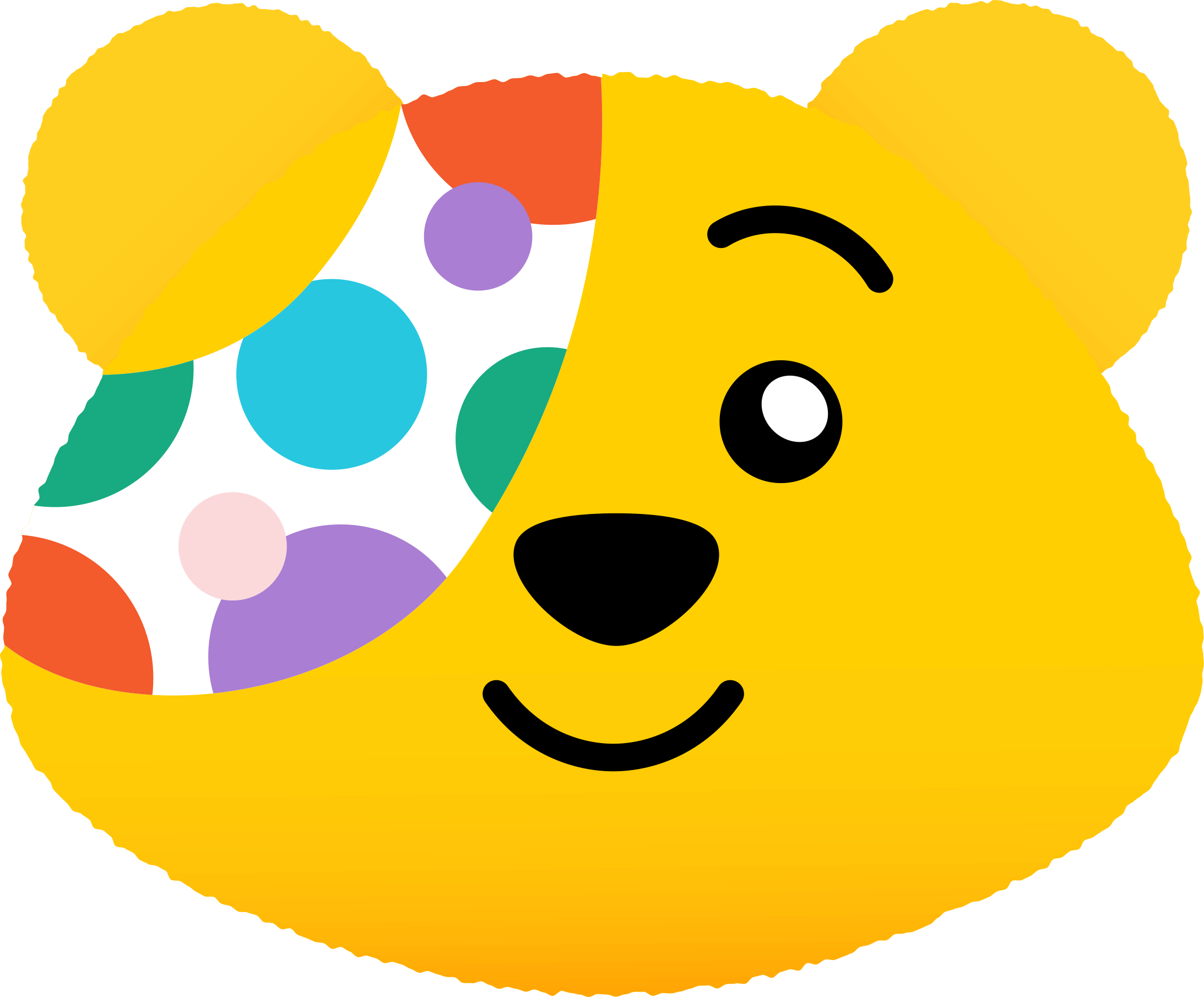Your Difference - The outcomes you make
The most important part of work which your organisation does are the positive differences you make in the lives of Children and Young people. BBC Children in Need run ‘Your Difference’ training sessions several times a year, covering outcomes, monitoring and evaluation. If you are successful in receiving a grant from us, you may be invited to attend.
Your Difference training is designed to give you:
- An improved ability to talk about the difference your work makes to children.
- An improved ability to collect information throughout your project, helping you evidence the work you do.
- More clarity on BBC Children in Need’s reporting requirements.
Thinking about the Disadvantage
BBC Children in Need fund organisations who work with Children and Young People who experience disadvantages in their lives. Every organisation we fund needs to be able to clearly think, and talk, about these disadvantages. When thinking about these disadvantages, it’s important to think about what they mean to Children and Young People. For example, if a young person has a disability, think about how this affects their lives; does it impact how they feel? How they interact with others? Or their ability to perform certain tasks?
BBC Children in Need usually fund organisations who work with Children and Young people who experience one or more of the following:
- Illness, distress, abuse, or neglect.
- Any kind of disability
- Behavioural or psychological difficulties
- Living in poverty or situations of deprivation
Please note, however, that this list is not exhaustive. If the Children and Young People you work with experience a disadvantage which is not on the list above, we would still welcome an application from your organisation.
Articulating a clear Difference
A key part of Your Difference training is thinking about how to write clear, concise differences for your project. Differences (also called Outcomes) are short, impactful statements which show the change which your work will make in the lives of the Children and Young People you work with. We will ask you for three of these on our Main and Small Grants application forms. Here are some top tips for how to write a clear Difference:
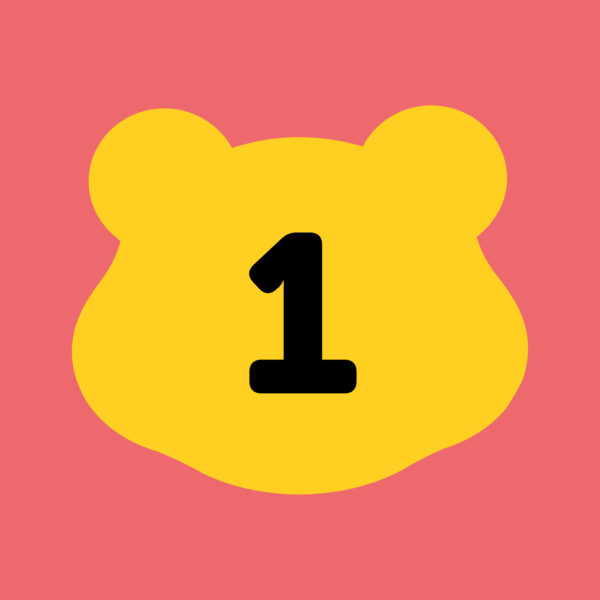
Keep them simple
Don't over complicate them! We want to see a single, significant statement of change. Avoid joining multiple differences with words like 'and'.
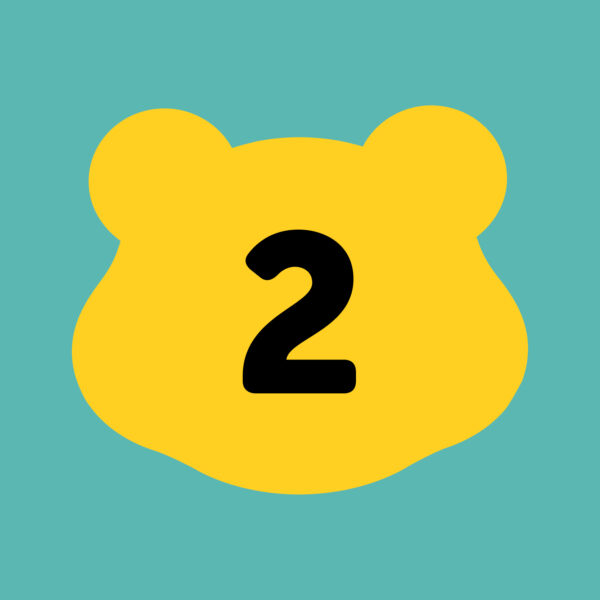
Make sure they're measurable
Think about how you will measure these differences. Will there be clear data which you can monitor and evaluate?
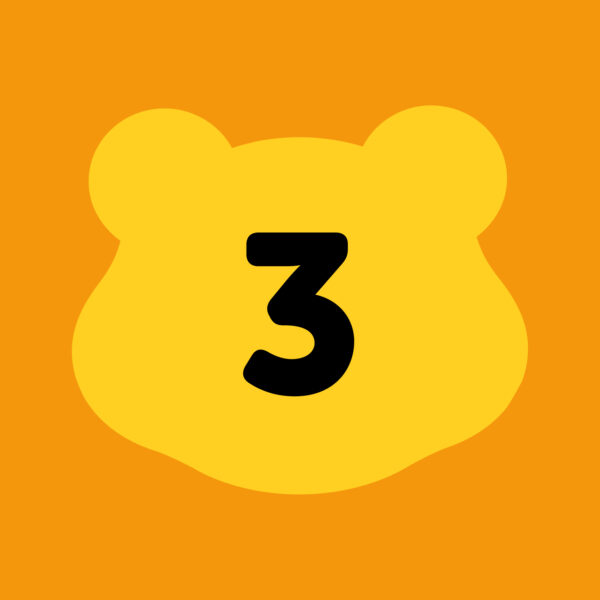
They should be realistic
It's important to make sure you can achieve your differences. Even small changes can make a huge impact.
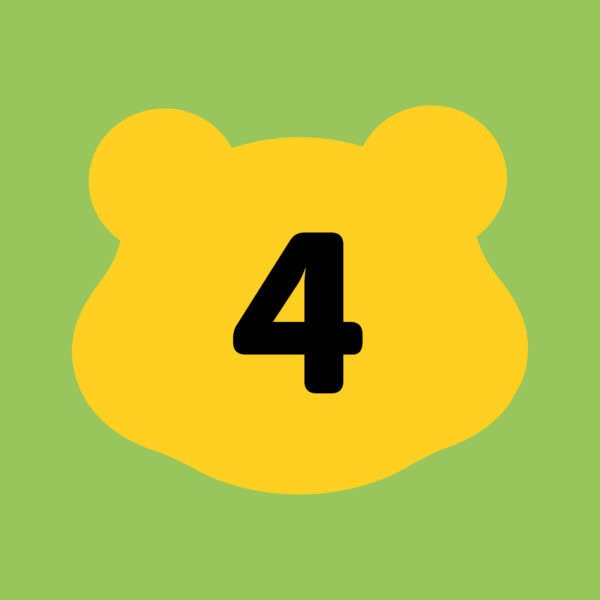
Focus them on the Child
We want to fund work that makes a difference in the lives of Children and Young People, not the wider community or the people around them. Think about what each difference would mean to the child.
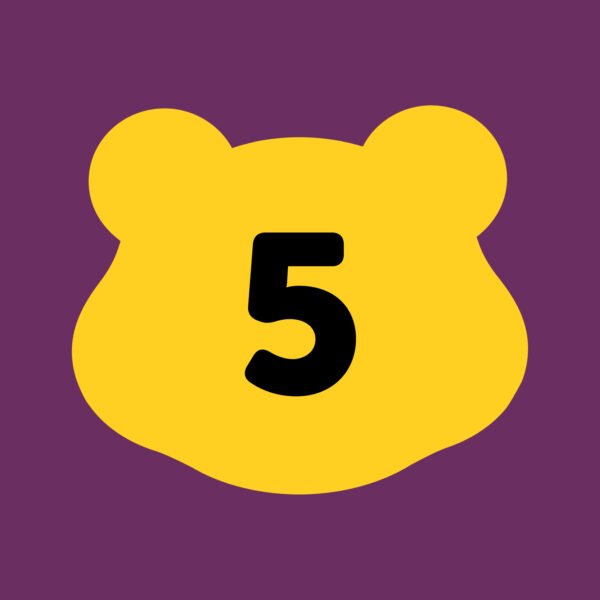
Use 'Change Language'
A strong difference often uses words which show a change in situation, such as 'Improved', 'Reduced', 'More', 'Increased', 'Less', or 'Strengthened',
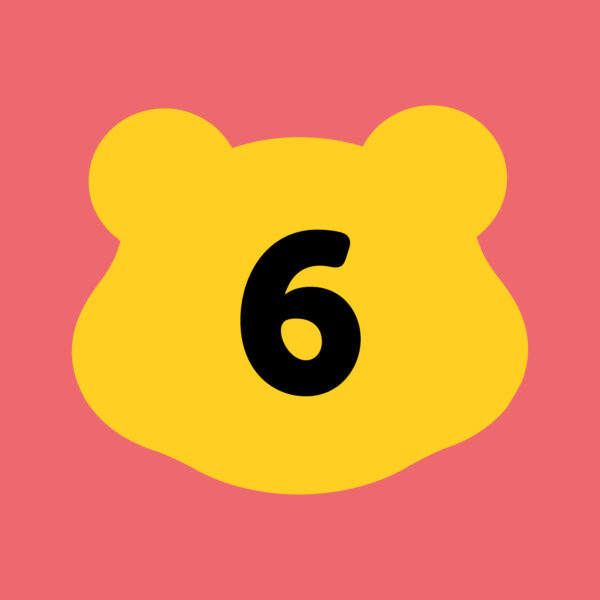
They need to be relevant
It's always good to make sure that it is clear how your differences link to the disadvantages the young people you work with experience.
